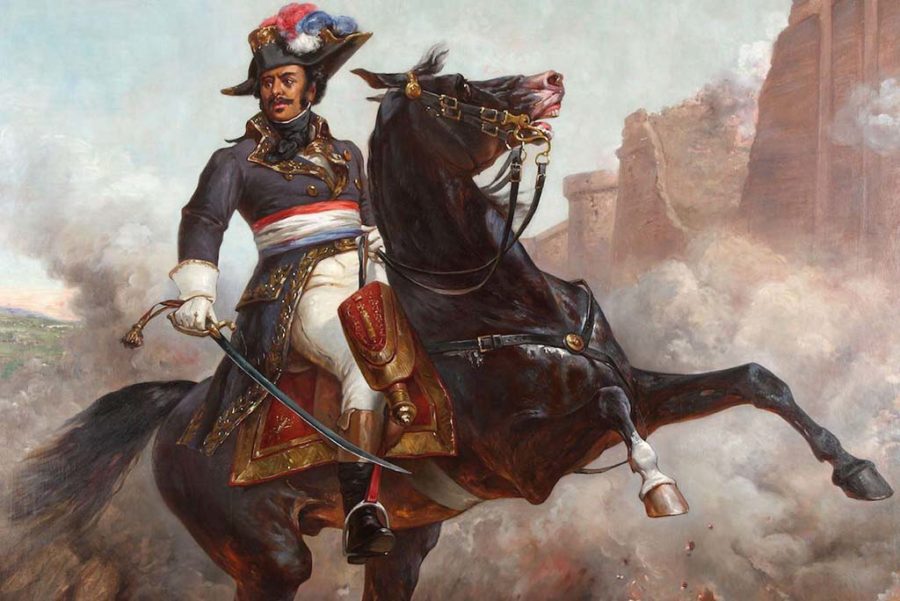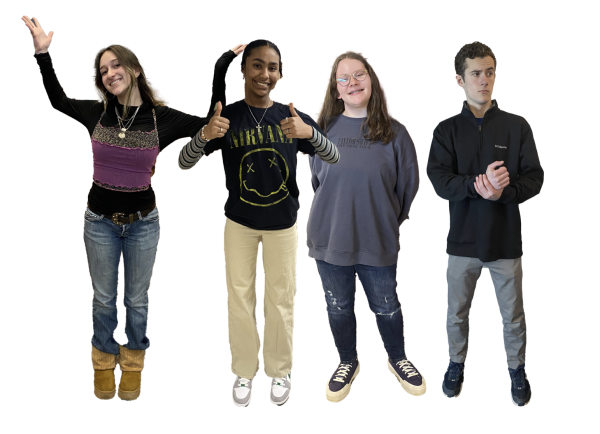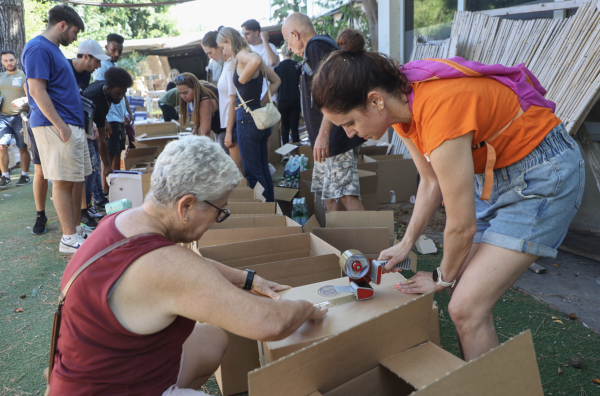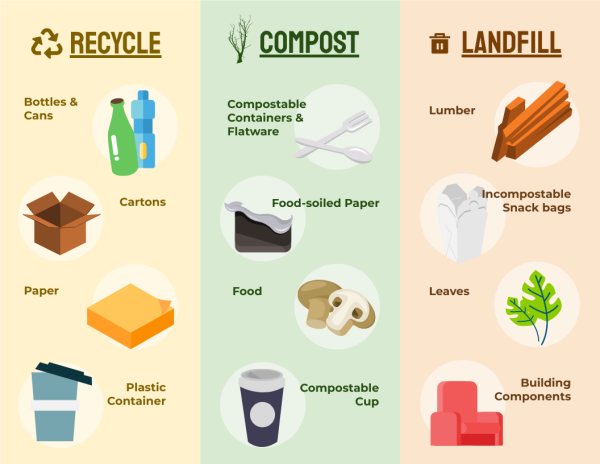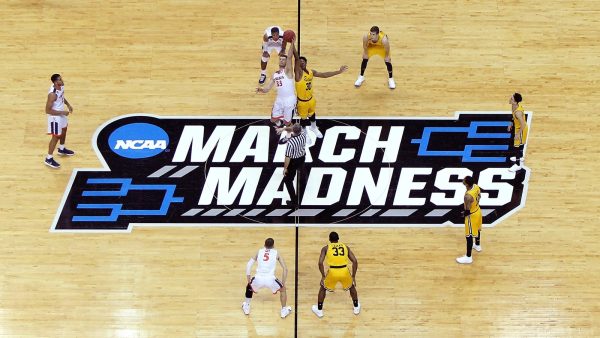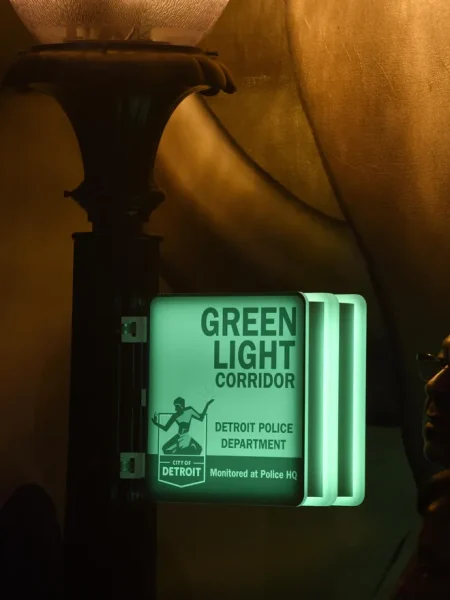Little Known Black Heroes
Black history is full of legendary figures and heroes. However, too often much of Black history is overlooked due to over focusing on some of the more well known Black figures such as Malcolm X or Martin Luther King. While such civil rights leaders were important and should be taught, focusing only on a handful of activists distracts from the multitude of other Black inventors, politicians, scientists, etc. In the spirit of Black History Month, I have made it my goal to reveal four black heroes that the history books seemed to have forgotten.
Black Hero #1- Thomas-Alexandre Dumas
Thomas-Alexandre Dumas was a slave born in the French colony of Saint Dominique, now known as Hati. His father was of a white French minor noble that brought him to France because he lacked a male heir. After being educated, Dumas joined the Army where he climbed his way to military positions that no black man had ever reached before. He was able to distinguish himself as a brilliant military commander both in service of the crown as well as the French Revolution, becoming the first black General in Chief of the French Army. He served under Napoleon Bonaparte. He faced a lot of racism from not just his peers, but also from Bonaparte himself. Nevertheless, Dumas continued to break down barriers becoming the Chief Cavalry Commander under Napoleon and gaining lots of fame and support from the people, becoming known as the Black Hercules due to his size and bravery. Sadly, after an argument with Napoleon, he was thrown to the wayside and Napoleon made a number of racist policies to impoverish his family even further. His legacy lived on though through the many different swashbuckling novels his son Alexander would later base off of him including the well known book The Three Musketeers.
Black Hero #2- Gaspar Yanga
The Transatlantic Slave Trade was a dehumanizing practice that has left scars all around the world. During the height of the slave trade revolts against the institution were met with severe consequences and almost never ended in success. However, in the remote highlands of Veracruz, Mexico an enslaved African Prince would find success in his fight against the evils of slavery. Gaspar Yanga was a slave during the 16th century who was believed to be of royal Gabon ancestry. After being sold into slavery in Veracruz, he fought back against his Spanish oppressors. In 1570, he broke free of his chains and led a maroon settlement in the Veracruz highlands. Knowing that freedom would mean fighting, he led many various raids against the Spanish army, and despite being outnumbered and outgunned he was able to secure independence and sovereignty for his settlement. To this day, his settlement town is affectionately known as El Yanga and is celebrated as a Mexican national hero.
Black Hero #3- Alice H. Parker
Not all heroes are revolutionaries. Some display their heroism through innovative ideas and creations for all to take part in. One such hero was Alice H. Parker. Born in New Jersey, she would later attend Howard University Academy, a high school attached to the prestigious Historical Black University of the same name. Despite living in an America that was pre-civil rights and women’s liberation, she still changed the world when in 1919 she invented the central heating gas system. This allowed people to stop constantly going out looking for firewood for heat and have a more efficient way of heating houses during winter. Although she was able to accomplish the remarkable feat of securing a patent for her innovative design, she sadly never saw her invention go commercial. Despite this, every house and building that has a heating system is a legacy of the woman who dared to make her mark as an inventor during a time when no one wanted a woman or an African American to do such a thing.
Black Hero #4 Charles R. Drew
Charles R. Drew is why numerous Americans can receive and donate their blood for medical purposes. Born in a pre-civil rights America, he had high ambitions and goals, many of which would face the extreme opposition of systemic racism. This did not stop Drew. Using his intelligence and his aptitude for science, he managed to become the first African American to receive a Doctorate of Science in Medicine. Drew then used his academic knowledge and innovative nature to discover new methods to increase how long blood plasma can be kept for medical usage. Additionally, he spearheaded the research and organized the first mass blood banks. Ironically, despite being the one who made these innovations his request to donate some of his own blood was rejected due to racist notions about African Americans. Not letting this get to him, Drew went back to innovating new and better ways to transport blood plasma, an important task during the World War Ⅱ in which he was living. He oversaw many overseas efforts during World War two to efficiently process blood plasma and was applauded for his work. Despite the fact that he was disregarded by many of the white medical associations during his lifetime, his contribution to science lives on through every blood donation that an American gives.
During my time researching these four different amazing heroes I had to ask myself why they are not talked about. The fact that they could have made such important contributions and broken down so many barriers and still have their stories rejected by the history books disturbed me. Finally, I realized why this was the case. A good way to suppress a group of people is by suppressing their accomplishments. The only way to combat this systemically oppressive tactic is by learning and spreading the amazing stories of not just these four people but the multitude of other various African American heroes that have helped create the modern world as we know it today. I hope after you read my article, I have successfully brought these black heroes from different time periods to life, and given just a taste of the amazing innovative things black people have made not just in America but around the entire world.
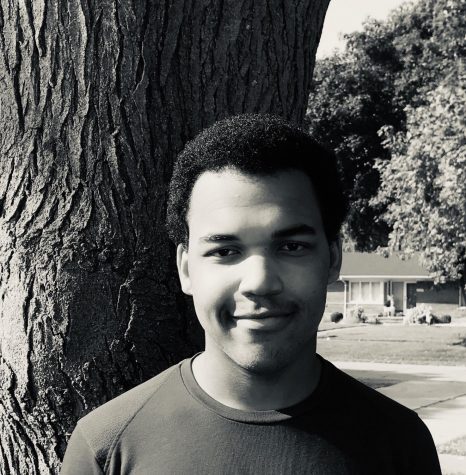
Hi everybody! My name is Donovan Fobbs, and I have the pleasure of being this year's editor in chief. I’m going to be a senior this year, and this...


